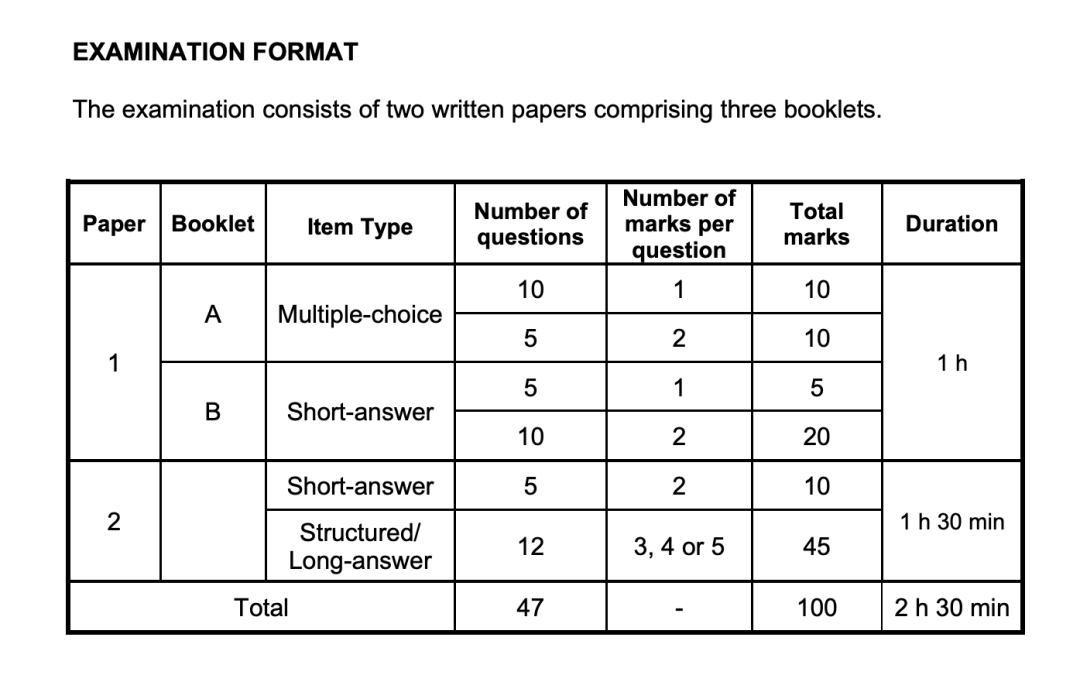Why is it important to understand the Ministry of Education (MOE) PSLE Maths syllabus changes?
- In today’s rapidly evolving educational landscape, being aware of these changes is crucial for your child’s academic success. The syllabus alterations reflect the ever-growing demands of the modern world and aim to equip our young learners with the necessary skills to thrive in an increasingly complex society. So, join us as we explore the fascinating transformations in the PSLE Maths syllabus and discover how you can adapt to the changes for the benefit of your child.
- The Shifting Landscape of the PSLE Maths Syllabus: Over the years, the MOE PSLE Maths syllabus has transformed, reflecting the dynamic nature of education and the evolving needs of our children. According to the MOE syllabus documents, significant changes have been made in recent years, particularly in the following years: 2007, 2013, and 2019. These changes have been implemented to promote critical thinking, problem-solving skills, and the application of mathematical concepts in real-life scenarios.
- Embracing the New Focus: As parents, it is crucial to embrace and understand the new focus of the PSLE Maths syllabus. Encourage your children to think beyond formulas and algorithms. The syllabus now focus on the process of problem-solving rather than solely focusing on answers. This shift in emphasis can be observed in the syllabus documents from 2013 onwards.
- Active Learning and Real-Life Applications: To adapt to these changes, encourage active learning and real-life applications of mathematical concepts. The revised syllabus focus on the integration of mathematics into real-life situations. Students are encouraged to apply mathematical principles to analyse and solve problems in various contexts. This approach is highlighted in the syllabus documents from 2013 and 2019.
- A Holistic Approach: The new syllabus demands a holistic approach to learning. Gone are the days of compartmentalising topics into isolated chapters. Mathematics is now integrated, with concepts from different domains interwoven within questions. This integration of concepts can be seen in the syllabus documents from 2019 onwards.
- Building Problem-Solving Skills: Problem-solving lies at the heart of the new PSLE Maths syllabus. The focus is on developing students’ ability to analyse problems, devise strategies, and communicate their reasoning effectively. This emphasis on problem-solving skills is evident in the syllabus documents from 2013 and 2019.
- Cultivating a Growth Mindset: A growth mindset is a vital attribute for success in mathematics. The revised syllabus encourages students to embrace challenges, learn from mistakes, and persist in the face of difficulties. This emphasis on a growth mindset can be observed in the syllabus documents from 2013 onwards.
The MOE PSLE Maths syllabus has indeed evolved over the years, with significant changes made in 2007, 2013, and 2019. These changes reflect the shifting landscape of education and the emphasis on critical thinking, problem-solving, and real-life applications. As parents, it is essential to adapt to these changes, foster a growth mindset, and collaborate with dedicated tutors who can provide the necessary guidance and support.
Together, we can navigate the ever-evolving PSLE Maths syllabus and ensure our children’s success in this dynamic subject.
References:
- Ministry of Education (MOE) Singapore: Primary Mathematics Syllabus. (2007, 2013, 2019).
- MOE Mathematics Syllabus Documents: https://www.moe.gov.sg/primary/curriculum/syllabus

